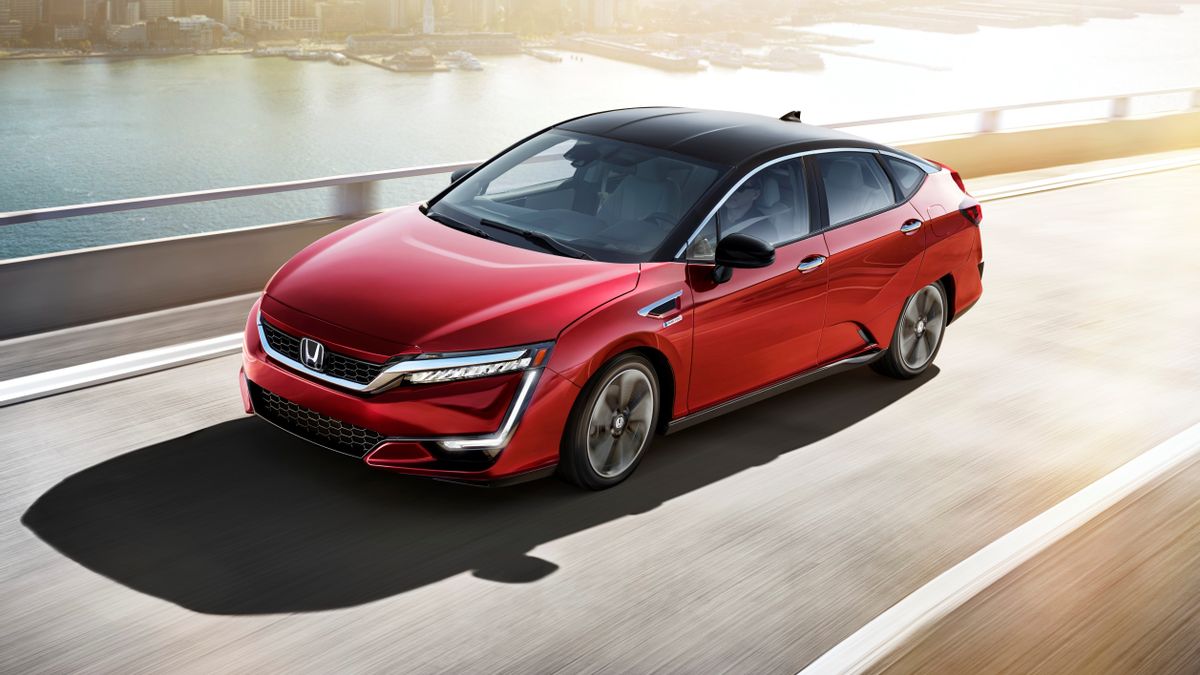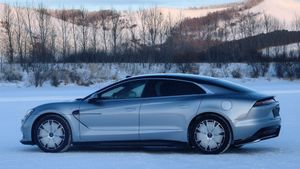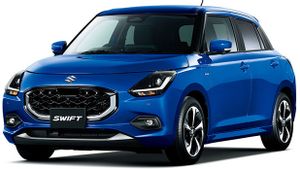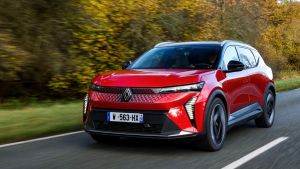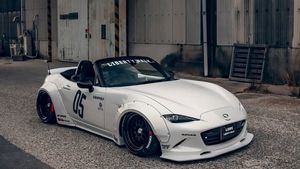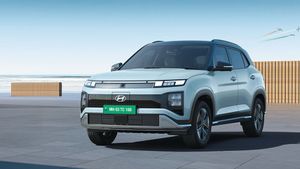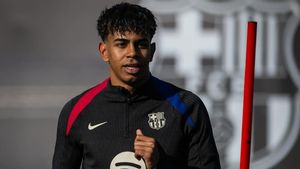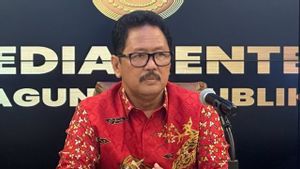JAKARTA - Hydrogen fuel cells are increasingly being taken seriously as a support for environmentally friendly mobility.
Honda is one of the manufacturers that has played its role in sustainable energy by presenting the Clarity sedan as the first Fuel Cell Vehicle (FCEV) production car to be sold globally since 2008. Unfortunately, this car did not achieve success until it was finally stopped production in 2022.
However, the company did not give up on this technology by launching a CR-V-based prototype SUV by carrying fuel cell technology developed with General Motors (GM) as partners. In fact, the manufacturer with the H logo says that FCV will be a mainstay in its line of global models.
Inoue Katsushi, as Honda's head in electrification, said that battery-based electric vehicles (BEVs) are a priority segment followed by fuel cell cars in the future.
"The fuel cell age may take longer," said Katsushi, reported by Autocar, Tuesday, January 16.
Furthermore, he said that 100 percent of Honda's car sales in 2040 will be BEV or FCEV, but no further details will be mentioned. However, it is certain that the concept model of Seri 0 will not receive fuel cell technology.
He also mentioned the sluggish sales of Clarity, which is not a sign that the market does not want a hydrogen-tech car, but because the weak support infrastructure and costs for the vehicle are still too high.
"At that time, the infrastructure was not good enough, this model was still experimental and the cost was too high," explained Katsushi.
SEE ALSO:
Thus, Honda is optimistic that its newest fuel cell car will receive a good response and is ready to compete with several manufacturers if the infrastructure is adequate and the costs set are quite competitive.
"The next generation of fuel cells are quite competitive," said Katsushi.
It is known, the company based in Tokyo, Japan, is also working with Isuzu in developing an FCEV truck known as the Giga Fuel Cell. The prototype has only entered the trial phase before it will be launched in 2027.
The English, Chinese, Japanese, Arabic, and French versions are automatically generated by the AI. So there may still be inaccuracies in translating, please always see Indonesian as our main language. (system supported by DigitalSiber.id)
